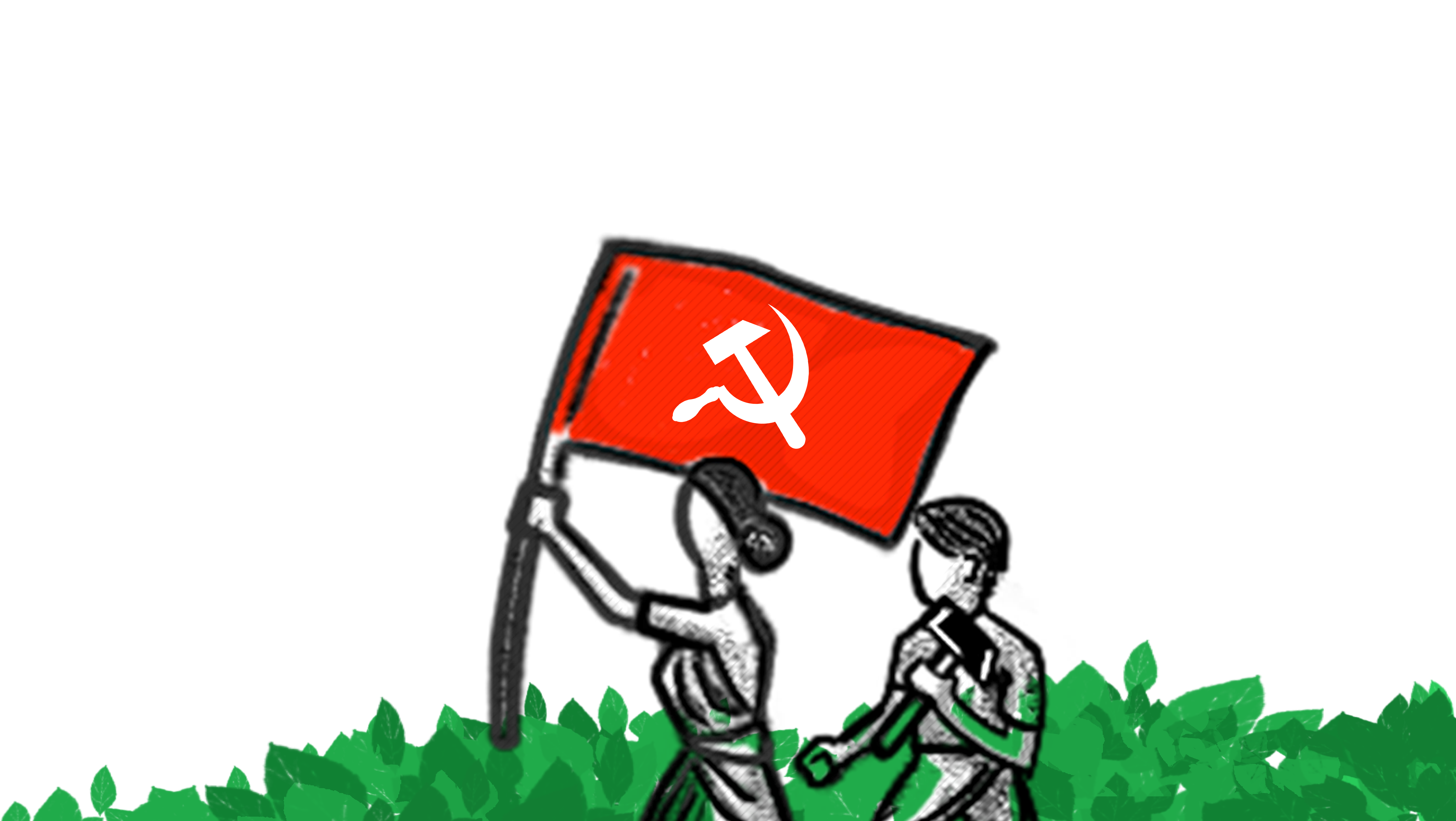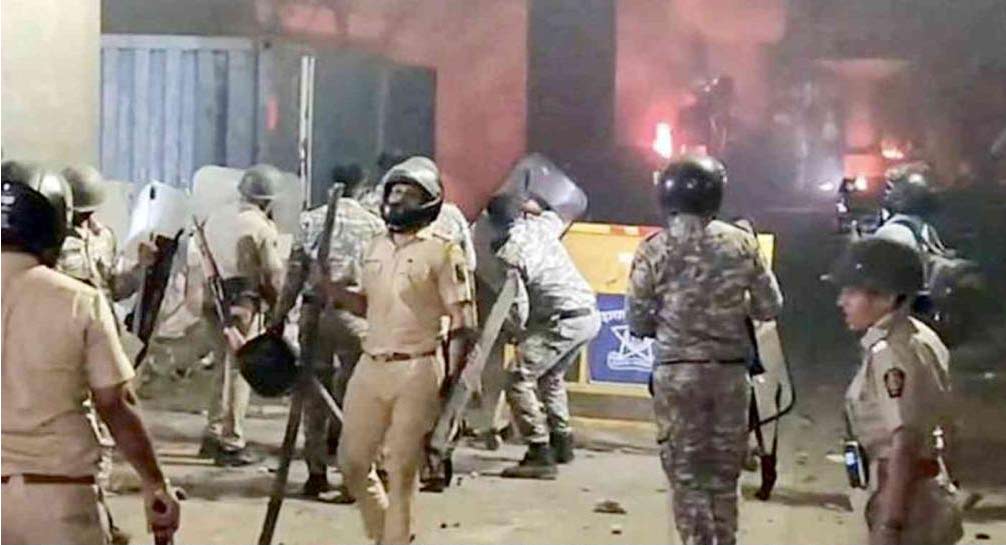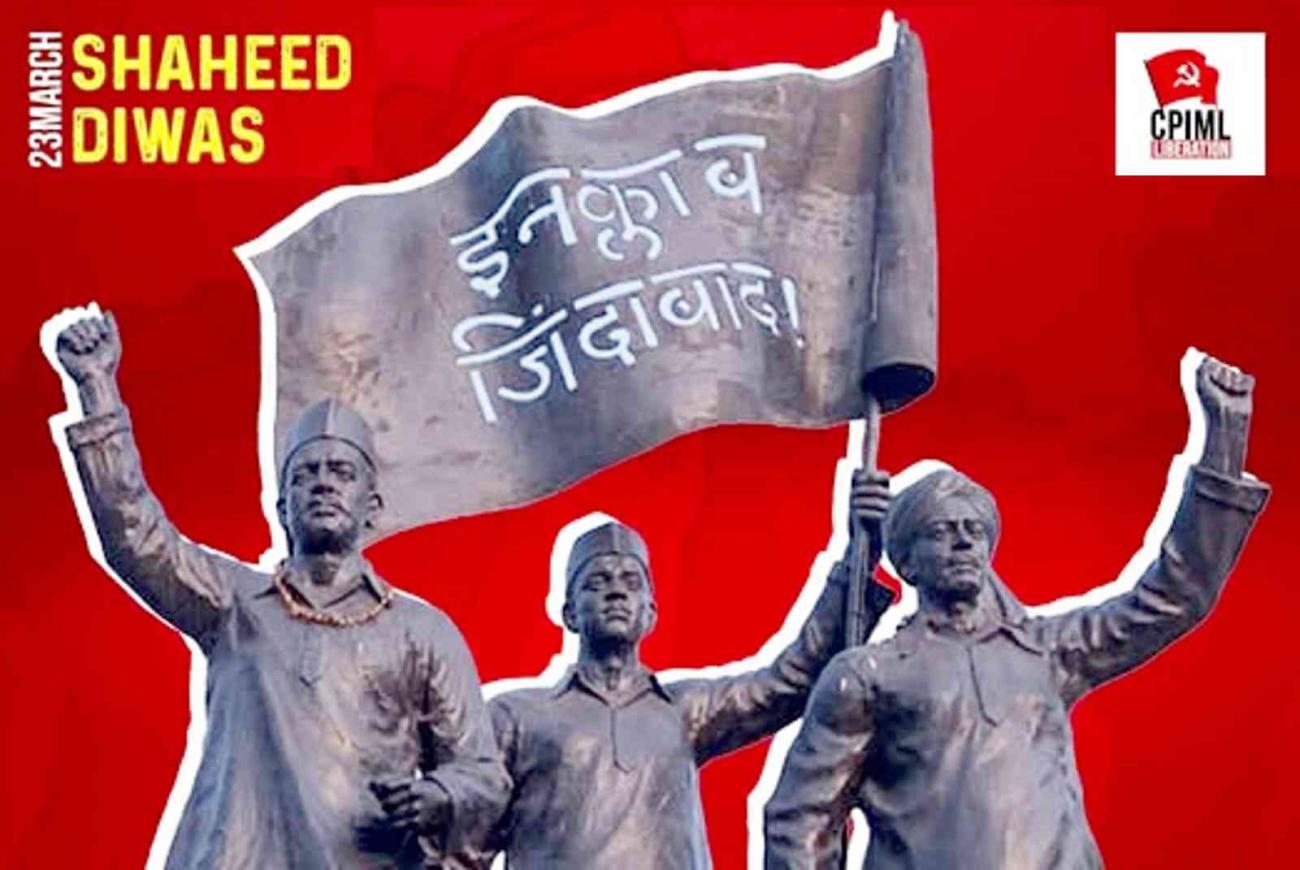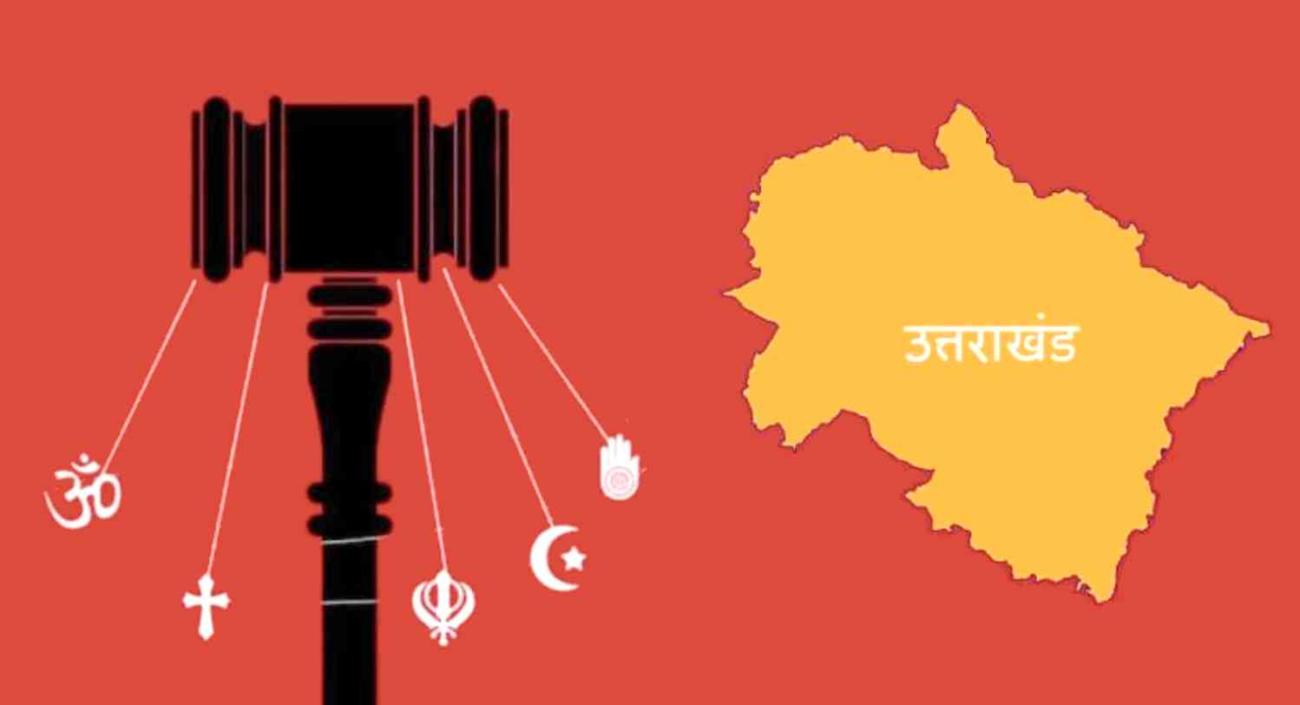Why do we see a spate of new films which one after the other highlight and raise issues where peoples lives are at stake! Is it so then that the system is now exposed? And these questions can no longer be swept under the rug! How is Bollywood confronting these burning life and death questions? Is Bollywood becoming rebellious?
And then the question arises that those who dont think and see like us are also perhaps unhappy and perhaps want to do something. But what do they want to do? Is to ask about the substance of this doing an act of discouragement? Is it not great that Bollywood is escaping from the clutches of the Karan Johars and Chopras?
The world is going topsyturvy. Cities are brewing rebellion. Youth are romancing sedition. Imagine a picture, where all these moments of resistance, this rebellious temperament, and all those women and men who have raised the banner of equality and freedom, are creatively turned into candle light mongering by Bollywood; how about that? Peasants have hardly managed to win against the murderous assault of corporate land grab and they have paid with their lives and blood. Mostly though it seems they are fighting a losing battle. May be its a comforting fantasy to have the peasants and the have-nots win in cinema! But do they win fighting, or does the humorous metamorphoses of a deadly landlord and cannibal capitalist give them a taste of victory!
Shanghai or Chakravyooh, the Kashyaps or Bhardwajs - how does this generation of filmmakers look at this unfolding crisis? Does the disillusionment with the system wear horse blinders? So how is this crisis and disillusionment being represented? (Till now Dibakar Banarjee seems to be an exception). If these films on the one hand are a symptom, or even an alarm about systemic crisis and potential dangers, then they also seem to offer that same old repetitive liberal catharsis on the other. In one of his songs Bob Dylan says ...how many times must a man turn his head, pretending he just doesnt see�?
How much liberty can be taken with the cinematic representation of a subject that has become one of the most critical questions of contemporary Indian life? What is the fruit from the tree of dreams when the seed is sown in the soil of reality? Do dream and reality confront each other or do they compromise or does the dream surrender to a terrible reality? Are the dreams that our new cinema weaves so timid? Is capitalism that Rakshas whos life resides in body of a parrot? Is this parrot sitting on the branch of profit or does it live in Gulabos bottle? Why does any face-off with reality throw us into surrealism or fantasy only?
Whatever it is, this film comes as a post script (some would like to say intervention) filling up some space! So what do we say now to Vishal Bhardwaj? Do we like an overlord say, you cant do as you please, for this is our territory; you cannot twist and turn reality like this, and especially with your false happy endings!
Some things are established now; there is no problem in saying them. Some crimes have been normalized; there is no problem in committing them. Some scenes have become a part of our consciousness; to look at them is not disturbing anymore. What does one hope from a filmmaker who delivers such an issue to surrealism and fantasy? Do we even hope at all? How did you feel when you walked out after watching the film? Did you feel cathartic? Did something get stuck in your throat? How does it feel when bloodthirsty Capital has a change of heart? Or when Harry turns into Harideen or Harilaal, that too without the usual gulabo? Am I being too cynical and tragic? Do we not even have the privilege of happiness and happy endings in poetry and story, in art and cinema?
The filmmaker follower of the grand old man of tragedy- Shakespeare, after making Maqbool and Omkara eventfully walks the way of Hanste-Hanste! Why while making a film in the context of personal narratives does he risk a tragic end, while a satire on Indias most tragic subject the farmer ends in a happy resolution? Does he feel the weight of time on his shoulders? Or is this the limit where his liberal politics is revealed?
Is this an intervention in discourse and is gulabi bhains a subaltern cinematic critique of globalization and land grab? (If these films are tuning into the discontent and tension in Indian society then whats their song and whats their melody?). Whereas, in the ongoing struggles against land grab in Jatland in Tappal or Fareedabad, in Bhatta-Parsaul or Fatehabad- a dirge is playing.
I often laughed while watching the film. How does the papad of Maoism sound? What JNU is this where for pursuing studies in Law the hero has borrow heavily, and in the wake of which he ends up as a bonded labourer in the service of Mandola! As far as women characters are concerned, there is this girl, who seems quite independent and a bit of a feminist, though she only has an ornamental role in the film. Amongst the protesting villagers women folk are negligible elements, quite contrary to the real sites of struggle. A drunk capitalist becomes humanized and when sober he is most cruel. Heres wishing for all capitalists to stay forever drunk.
How much longer will we turn Mao into Robin Hood, who will occasionally descend down from the sky? Appreciation is owed to the fact that the spirit of peasant struggle and resistance find expression in the film. Still, Maos thoughts are not hanging by the trees, nor do they sound from the heavens. In fact they are derived from the historical struggles of the peasantry and are the torch bearers of their protracted struggle.
What a wonder the eyes of a camera are full of colours! How beautiful is the site from where the camera shoots! And how beautiful again is the frame of the camera that lures the scene unto itself! Sometimes an image strikes like lightening. And one feels that sometimes...just sometime... a painting almost comes into being...
Thanks to Vishal Bhardwaj.





